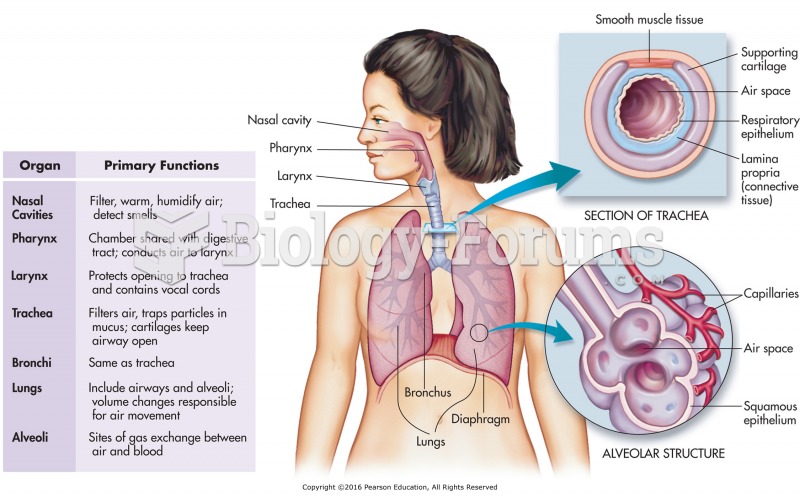Answer to Question 1
One documented finding may only be listed support either an HPI element or an ROS organ system because the documentation reflects the interchange between the patient and the performing physician.
If the patient's painful throat is documented only once, this reflects that the painful throat was discussed only once.
Listing the finding of the painful throat to support both the HPI and the ROS suggests that the painful throat was discussed twice, not once.
When one documented finding is listed to support both an HPI element and a ROS element, it is referred to as double dipping, and is strongly discouraged.
If, however, a finding is documented more than once, then that finding may be listed to support both the HPI and the ROS because the documentation reflects that the finding has been discussed more than once.
Answer to Question 2
The answer should include any (or all) of the following:
The HPI addresses the patient's current experience of the chief complaint, while the ROS addresses the patient's experience of health prior to i) the onset of the CC, and ii) the visit with the clinician.
The HPI elements are considered empathy elements, describing the patient's personal experience, while the ROS elements specifically address the state of the patient's overall health prior to the visit.
The HPI does not specifically address the CC in terms of organ systems, while the ROS is a categorical review of the patient's health in terms of organ systems.
The HPI must be collected, gathered, or recorded by the performing physician, while the ROS may be verbally collected by any clinical member of the staff, or gathered by requesting the patient complete a pre-printed questionnaire.







